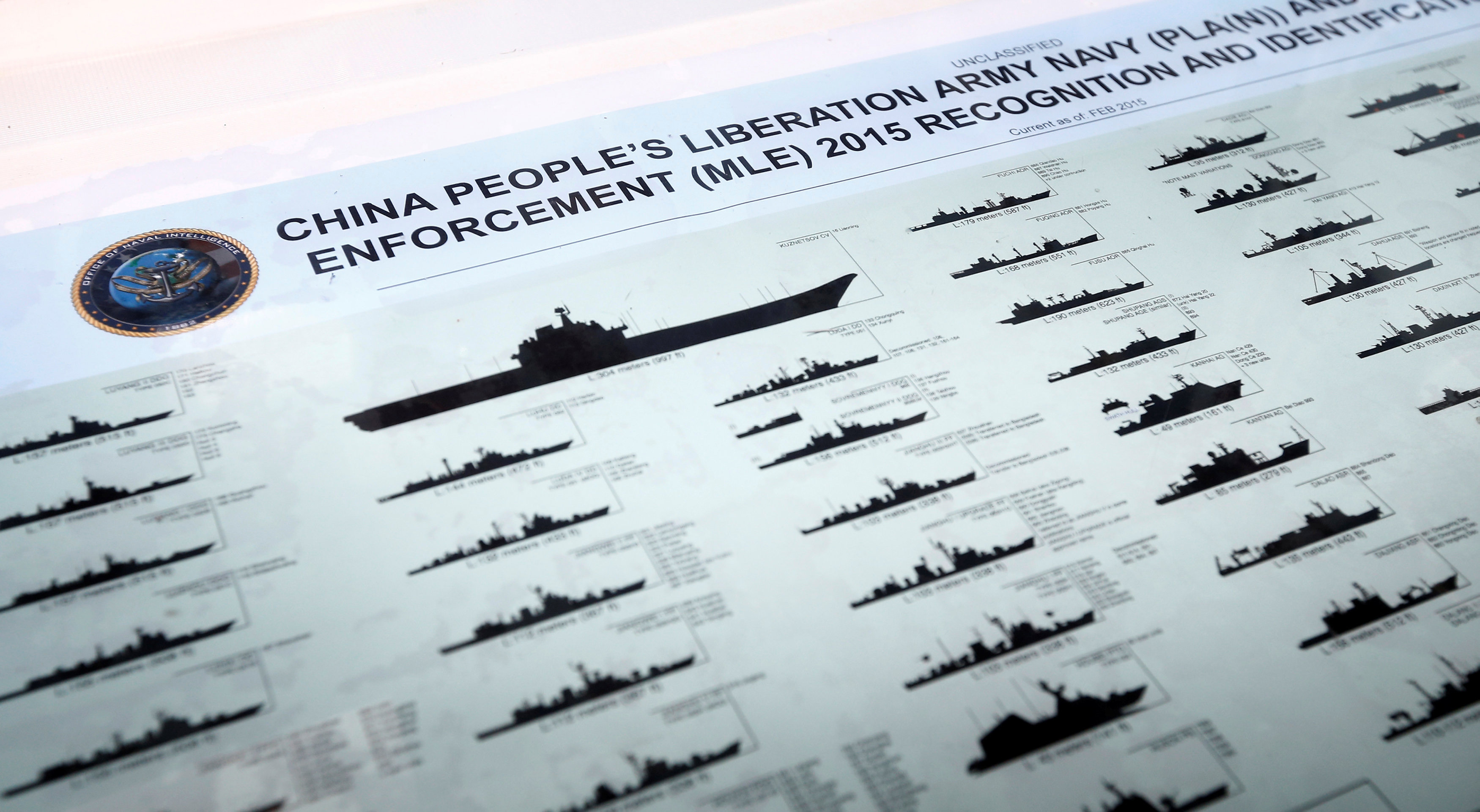Japan's advanced attack Soryu submarine carried out drills with Australia's navy Tuesday as a German company launched a campaign to advertise its expertise — part of a heated race for a 50 billion Australian dollar contract to build the country's next submarine fleet.
Industry sources told Reuters the Australian government is speeding up its decision on the contract — France is the other major bidder — with a winner now expected to be announced by the end of the month.
Australia intends to buy 12 new submarines, a centerpiece of its defense strategy unveiled in February, which called for an increase in military spending of nearly AU$30 billion over the next 10 years to protect strategic and trade interests in the Asia-Pacific.

















With your current subscription plan you can comment on stories. However, before writing your first comment, please create a display name in the Profile section of your subscriber account page.